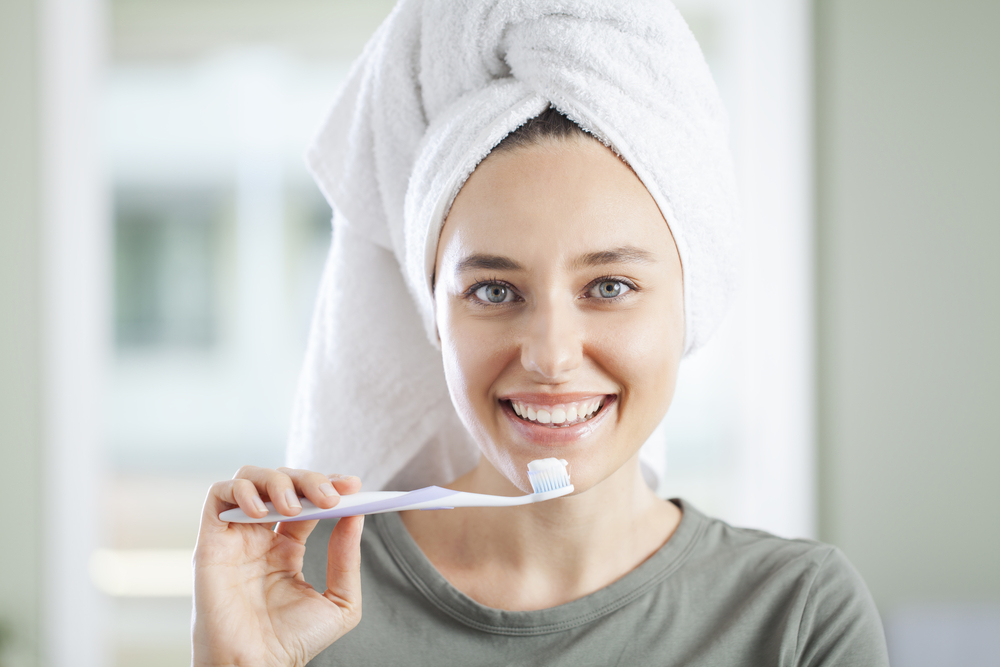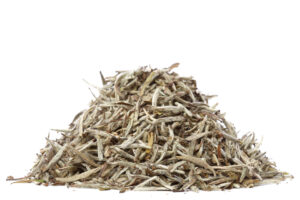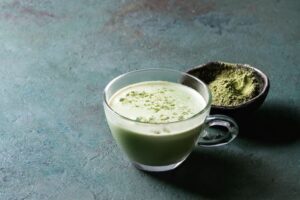Are tea stains on teeth permanent? No, teeth stains caused by tea are not permanent. Basic to intensive dental procedures may eliminate tea stains depending on their severity. This includes teeth cleaning & teeth whitening techniques.
The best way to minimize tea stains on your teeth, “drink through a straw” well so my dentist told me!
Can’t live without a cup or two of tea during the day? You’re not alone. Tea is a godsend for many, and it’s not hard to understand why. It’s more than just a pick-me-up. Tea is also a helpful stress-reliever, a stomach soother, and contains a plethora of health benefits. However, you probably know that tea also comes with a dark side. Or should we say, yellow side?
According to research, a cup of tea may discolor your teeth. In fact, many studies claim that it stains much more than a cup of coffee. Teeth stains develop over time from drinking tea, which might lower your self-esteem. You wouldn’t want to harm your pearly whites, would you?
But, don’t worry! You don’t have to quit tea. Moreover, you don’t need to pick between your teeth and your favorite beverage. As we stated above, teeth stains are not permanent.
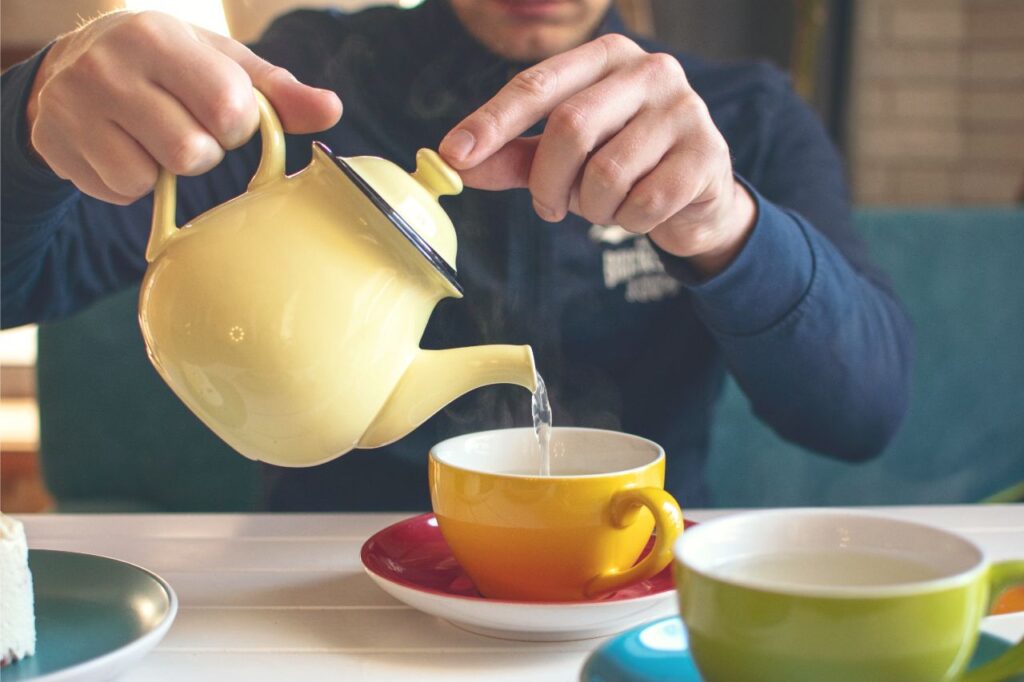
How Does Tea Stain The Teeth?
Tannins are naturally occurring substances in teas. They easily dissolve in water upon brewing your cuppa. However, they adhere to your teeth by permeating and clinging to your porous tooth enamel.
On your tooth, the enamel serves as a layer of defense. This enamel erodes if you consume acidic refreshments. Because of this, teeth become more susceptible to decay and stain.
These might not take into effect easily. But, you’ll notice it building up over time — especially if you’re a big tea drinker.
Don’t let this discourage you, though. These tannins are actually beneficial to your health. Most tea’s health benefits come from it! They contain excellent antioxidant and anti-inflammatory properties. But, if you don’t practice properly daily oral hygiene, these tannins might turn your teeth yellow.
How Does Tea Affect Overall Oral Health?
Should you stop drinking tea altogether because of this? You can, but it’s not a desirable solution and I’m definitely not. In fact, drinking tea has so many great benefits to offer, so bring on a slightly yellow smile I say, ok, I’m joking.
You may help ward off tooth decay by drinking black or green tea. These two particular true teas contain significant amounts of fluoride. These can possibly minimize unwanted cavities by lowering the germs and decay-causing acids secreted in your mouth. You can also level up your fluoride consumption by drinking tea brewed with fluoridated water. But, call me a snob, I really don’t like my tea in unfiltered tap water.
Additionally, tea possesses natural polyphenols. These may help prevent illness and gum inflammation. Studies found that consuming green tea might significantly lower the sulfur molecules in your mouth that causes bad breath.
Apart from your dental health, tea also has overall health advantages. Tea is abundant in antioxidants that have been associated with a decreased chance of ailments. These include diabetes and heart disease.
According to some studies, green tea might also prevent the formation of several cancers, including mouth cancer.
As you can see, there are several health benefits of drinking tea. Remember, however, that drinking tea with a lot of sugar, citrus, or honey may cause tooth decay.
In terms of dental health, sugar is a bad thing. Too much sugar (combined with poor dental hygiene) may lead to dental damage and cavities. Other health problems are also connected to gum diseases, another side effect of excessive sugar consumption.
If you want to reap tea’s most full advantages, aim for an unsweetened cup.
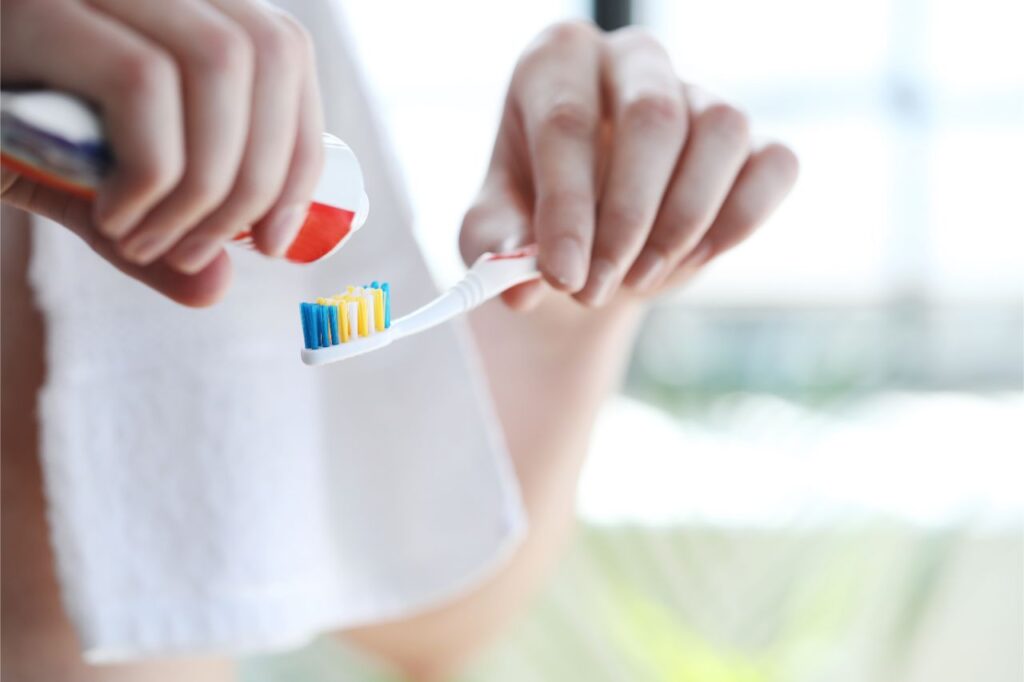
What Kind Of Teas Stain The Most?
Tannin content varies in tea types. Therefore, more tannin-concentrated teas mean higher staining potential. Let’s look at which kinds of teas stain more than others.
Black Tea
This tea has a reputation for discoloring teeth due to its considerable tannin concentration. Teeth naturally darken over time. However, drinking black tea could speed up the process dramatically. White and green teas do not undergo any oxidation throughout the production process. However, black tea undergoes significant oxidation, which is why it ranks the highest for teeth staining.
Green Tea
Green tea is less likely to discolor your teeth than black tea. In spite of this, it is a prominent cause of tooth discolorations when consumed often.
White Tea
White tea is an excellent option if you’re looking for a way to enjoy the flavor of tea without much staining. It lacks the tannins that cause staining in black tea. As a result, white tea has a lighter shade and a more delicate flavor.
Peppermint Tea
Like white tea, peppermint is an excellent option to reduce tooth staining. Stains from peppermint tea are substantially lower in frequency compared to beverages like black tea or wine.
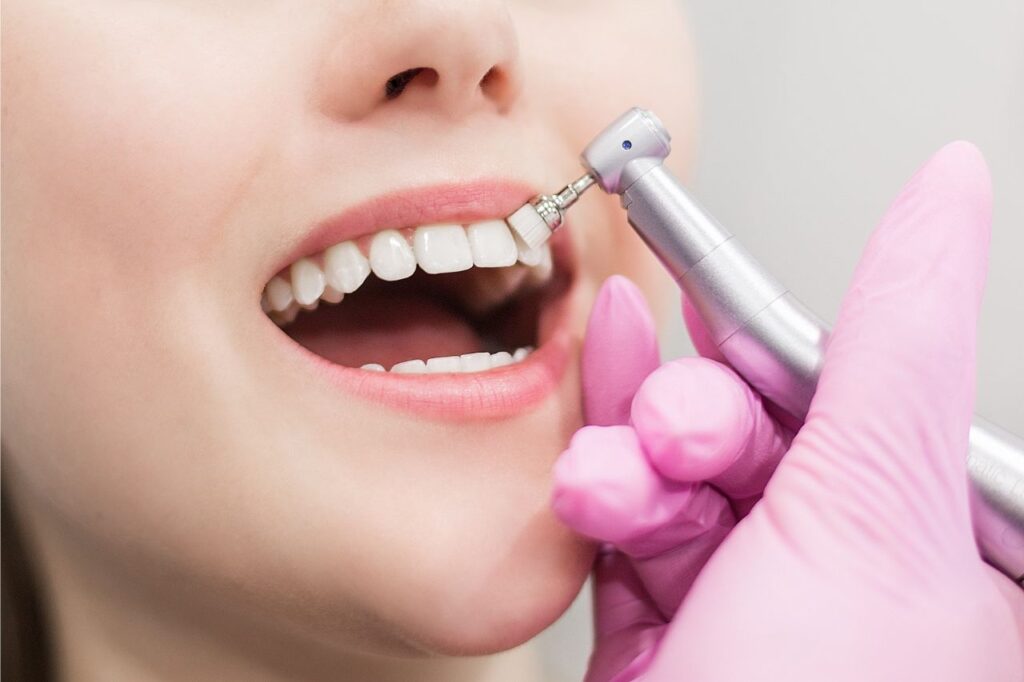
How Do You Prevent Tea From Staining Teeth?
Yes, tea may discolor your pearly whites. But, you could still consume it on a regular basis — provided you take precautionary steps. Here are some great ways to prevent the tea from staining your teeth.
Practicing Regular and Mindful Dental Hygiene
This goes without saying — don’t skimp out on your primary oral hygiene. Brushing your teeth twice a day for two minutes using fluoride-infused toothpaste is the best (and simplest approach) to maintaining white teeth.
Flossing around your teeth should be done once a day. Some also like using fluoride mouthwash for extra cleaning. These steps will help you prevent dental decay, eliminate tartar buildup, and keep your teeth near their actual color.
It’s also a good idea to brush or rinse moments after drinking. Always bring a toothbrush or mouthwash if you’re on the go.
Tweak Your Brew
Studies observed that casein (found in milk) could bind to tannins and inhibit tea from yellowing the teeth. So, it’s probably a good idea to start adding milk to your cup if you don’t already. However, this doesn’t apply to non-dairy substitutes (like almond or oat) since they don’t carry casein. Therefore, it is essential to use cow’s milk.
Drinks with high amounts of caffeine possess high levels of tannin. Hence, opting for decaf tea may also help reduce stains.
Pair It With Eating
Your mouth’s salivary glands activate once you chow down a meal. Snack on something as you sip your tea. As a result, your saliva might help eliminate the tea’s tannins. A biscuit anyone?
Use A Straw
Sipping your tea from a cup allows direct contact from the tea to your teeth. But, you can minimize this contact by using a straw. This might only apply to iced teas, though. Nevertheless, it’s still a great tip!
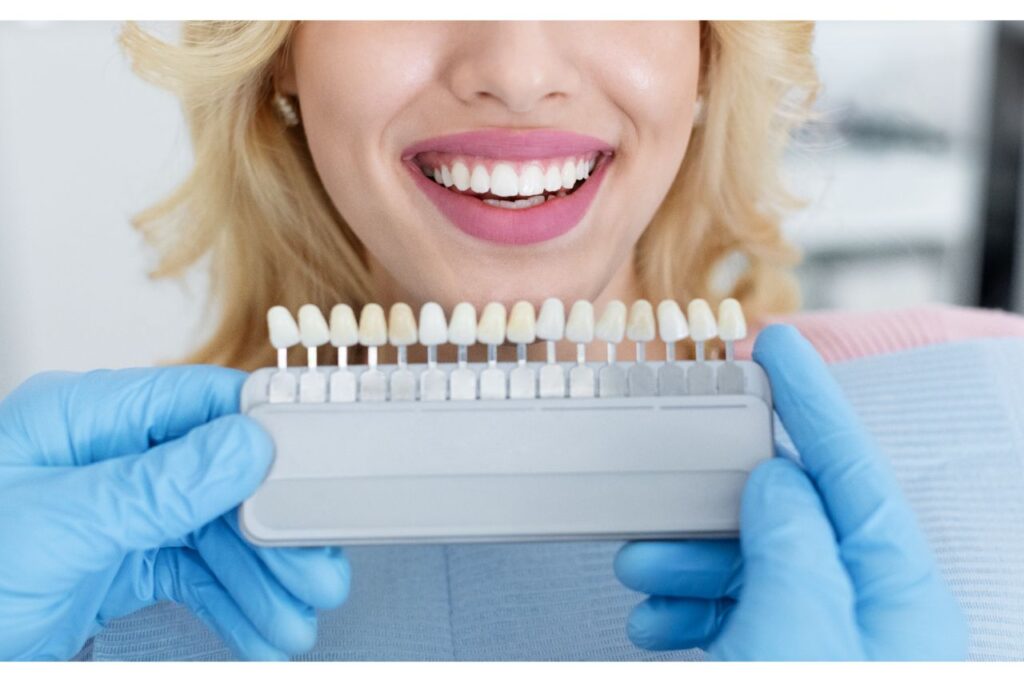
What Are The Dental Treatments For Tea Stains?
It is almost impossible for the average person to remove all of their tartar on their own — especially if it gets terrible. This is why making frequent dental appointments are a must. For basic cleaning, dentists usually employ polishing and abrasion. But, you can opt for other treatments like the following:
Professional Whitening
Brushing your teeth regularly may get rid of stains on the surface. However, severe pigments on your teeth might be difficult to remove. An in-office whitening procedure may be necessary if the discoloration is quite extreme.
The process varies in clinics. Typically, the process involves dentists applying a bleaching solution to your teeth. They wait for it to sit for a few minutes before washing it off. Some clinics might allow you to choose how light you want your teeth to be. In some cases, you might need more sessions if you have harsh stains.
Overall, professional whitening services are a quick solution. It can also help prevent further staining. But, it’s not a permanent fix.
It’s a popular fallacy that teeth become stain-proof after whitening. When you expose your teeth to stain-prone food, your teeth will gradually get discolored.

Are Tea Stains On Teeth Permanent? Key Takeaway
It’s up to you if tea’s benefits outweigh the teeth-staining drawbacks.
Yes, tea can stain your teeth. However, these stains are not at all permanent.
As long as you practice good oral hygiene, you may prevent severe discoloration. And if you happen to have bad stains, you can head to your dentist. From there, they will decide the best solution for you. Typically, they will suggest a basic cleaning service or whitening.
Just one disclaimer, though. We are not dentists. If you are worried about your oral health, contact a medical professional for advice.
Frequently Asked Questions
Is it possible to get rid of teeth stains?
Yes. You can eliminate your teeth stains by brushing and flossing at least twice a day. It’s best if you use high-fluoride toothpaste for extra effectiveness. But, you should note that some toothpaste wears down your teeth’s enamel in the long run. If you have severe stains on your teeth, it’s best to contact your dentist. Some of their services for staining include dental cleaning and teeth whitening.
Can teeth stains go away?
Teeth stains are not entirely permanent. A dentist may restore your pearly whites using cleaning and whitening procedures. Don’t use any home cures as much as possible. In many cases, these solutions are very aggressive, which might cause teeth to become more vulnerable to discoloration.
What food can stain your teeth?
Tea, coffee, and wine are the biggest perpetrators of teeth discoloration. Some other drinks cause stains, such as juice and soda.
Does tea leave darker stains compared to coffee?
Yes. Tea has a greater concentration of tannins than coffee, making it more prone to teeth discoloration. Make sure you rinse your mouth and brush after drinking a cup of tea to keep stains at bay

